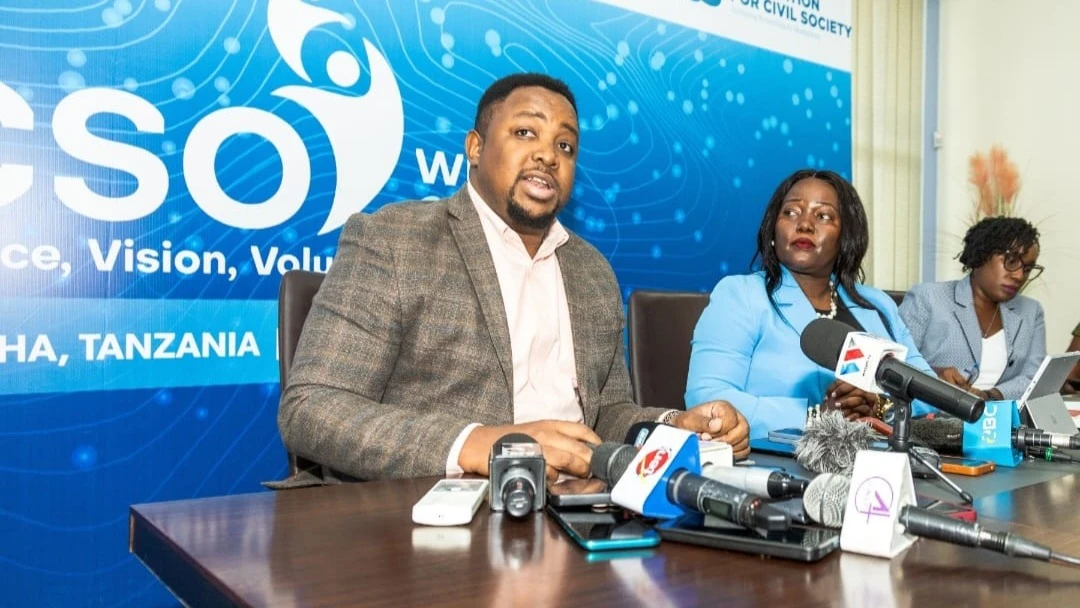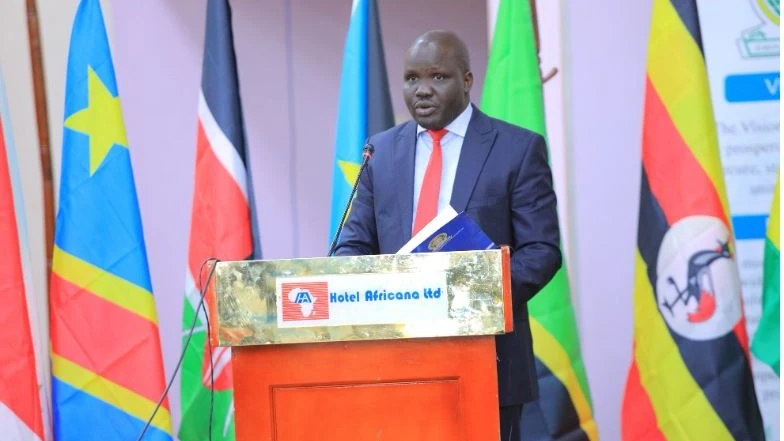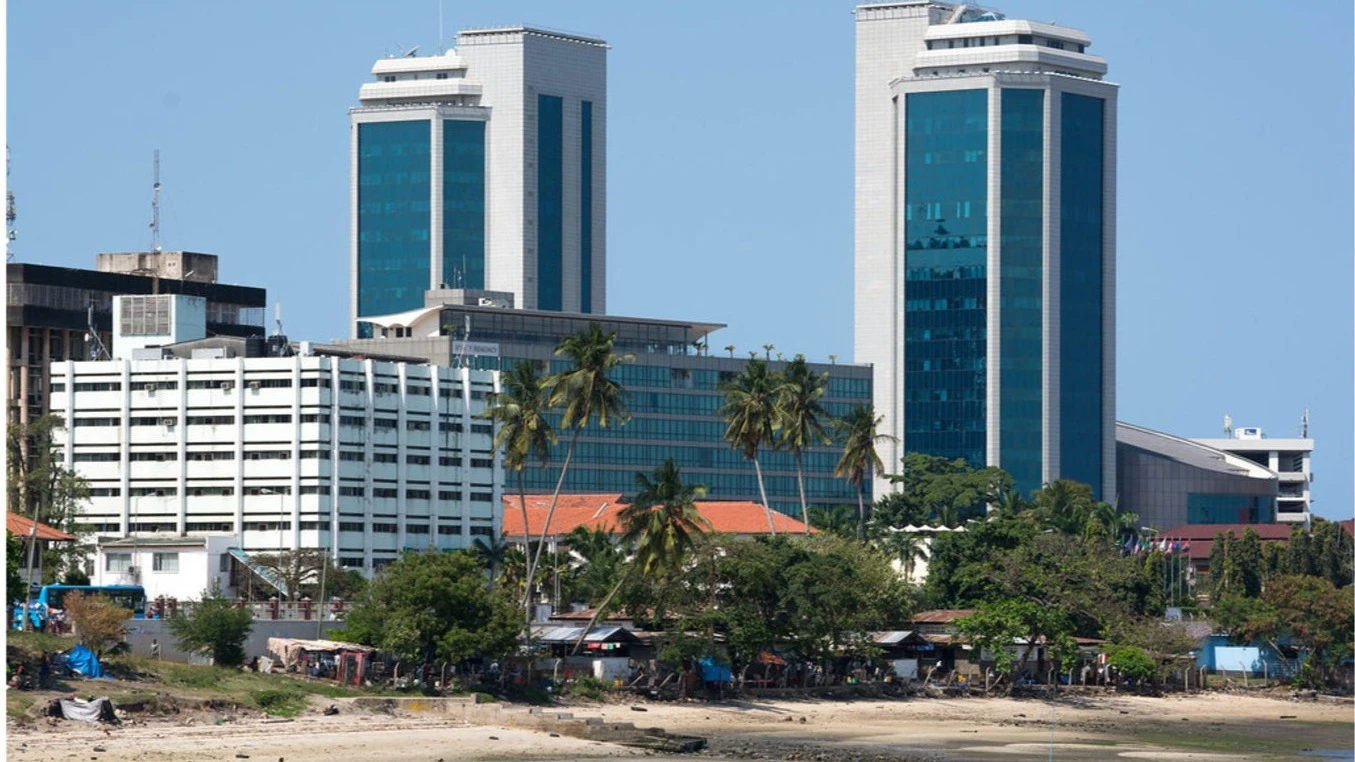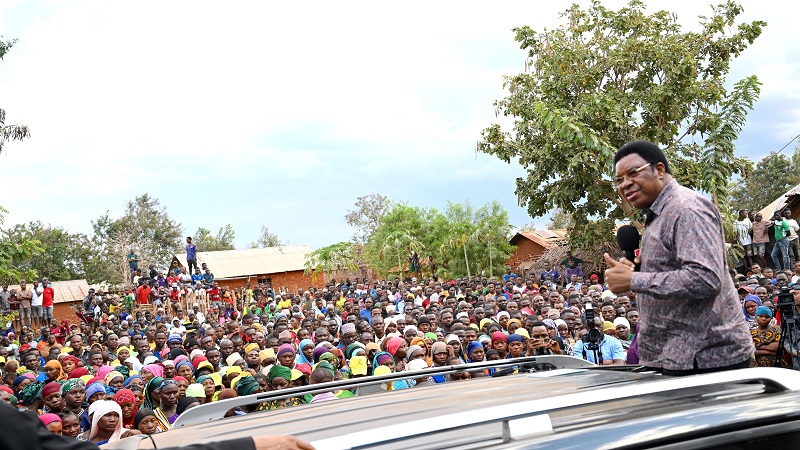FAO launches fishing, seashore resilience second phase project
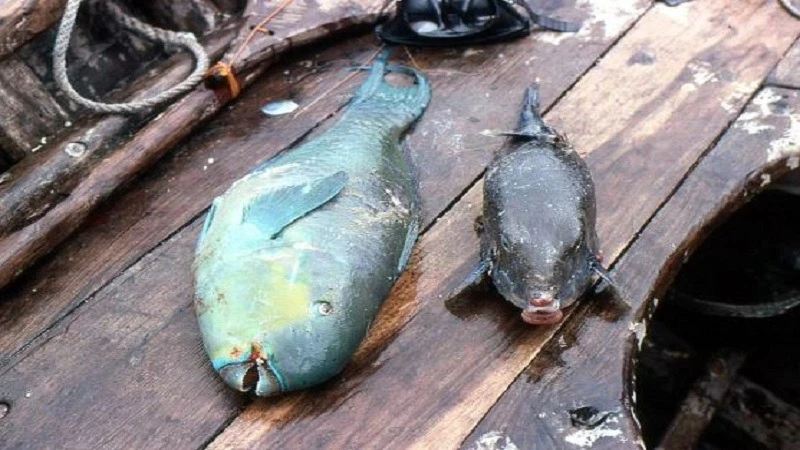
THE United Nations Food and Agriculture Organisation (FAO) has unveiled the second phase of the Nairobi Convention partnership project within the Southwest Indian Ocean Fisheries Commission.
Dr Nyabenyi Tipo, FAO country representative, said at the national project steering committee meeting in Dar es Salaam yesterday that the convention is aimed at enhancing food security and resilience by heightening sustainable natural resource management.
The FAO implemented initiative works in collaboration with various stakeholders, focusing at deepening collaboration between fisheries and environmental management among coastal communities, especially fishing groups.
The project is geared to increase the participation of youth and women in the management of the natural resources, as it will cover Mkuranga District in Coast Region and Mkoani District in Pemba Island.
The project design is meant to build capacity among the relevant groups, strengthening the implementation of an ecosystem approach in the national and local management of the coastal environment and fisheries, she stated.
Better fisheries management and environmental protection are essential in ensuring subsistence fisheries become sustainable, she stated, highlighting that achieving these objectives will demand collaborative actions.
“It calls for governance of our coastal resources and management of our fisheries as through sustainable practices, we endeavour not only to enhance food security, but also alleviate poverty, ensuring inclusive growth and leaving no one behind,” the representative explained.
The steering committee meeting bringing together key fisheries and environment stakeholders, will discuss ways of attaining best outcomes in various activities planned under the second phase of the project.
The stakeholders will discuss progress in site selection, baseline survey reports and strategies deemed essential for effective project execution. The FAO secretariat will present a comprehensive work plan and cost estimates for committee approval, offering strategic guidance to fast-track implementation, she specified.
Through a series of policies and initiatives, Tanzania has made remarkable strides in enhancing the management and sustainability of natural resources both in fisheries and its associated ecosystems, she said, noting that central to the efforts are community-based management approaches.
These are methods that empower local stakeholders to actively participate in the management of marine resources, she emphasised, underlining that enforcement of regulations against overfishing and illegal fishing practices was vital.
It demonstrates the country’s proactive stance in preserving its aquatic biodiversity and ensuring equitable access to marine resources for present and future generations, the representative asserted.
It is important to heighten investments in research and capacity-building programmes, fostering scientific understanding and robust data collection to ensure that policy decisions are founded on the latest evidence, she further noted.
This lays a strong foundation for the development and protection of marine and coastal environments, she said, noting that the FAO is committed to supporting sustainable marine and coastal governance. That needs to prioritise the health and resilience of marine ecosystems and strengthen the fisheries sector, she explained.
She was appreciative of the government of Sweden through the Swedish International Development Cooperation Agency (SIDA) for financial support in implementing the first phase of the Nairobi Convention partnership project.
Ilyasa Pakacha Haji, the acting principal secretary in the Zanzibar First Vice President’s Office, said that the second phase of the project marks a significant step forward, deepening links between fisheries and environmental management.
He said that the project will involve measures for sustainable use, protection and restoration of coastal and marine habitats and resources tied to livelihood interventions.
They will be developed together with local communities to improve resilience of coastal ecosystems, food security and livelihoods while protecting biodiversity, he stated.
Implementation of the first phase included livelihood studies conducted to explore alternative income sources for coastal communities, while collaborative efforts supported beach management units (BMUs) in developing fisheries management plans using the ecosystem approach, he explained.
He thanked FAO and stakeholders for implementing the project which will help transform livelihoods in the various communities, while Thomas Chali, assistant director of Environment at VPO Zanzibar, said that the blue economy was the frontier in economic revitalization, with the potential to create wealth, promote trade and generate economic growth.
The government will provide close support to the implementation of the initiative to achieve intended outcomes, he added.
Top Headlines
© 2024 IPPMEDIA.COM. ALL RIGHTS RESERVED










